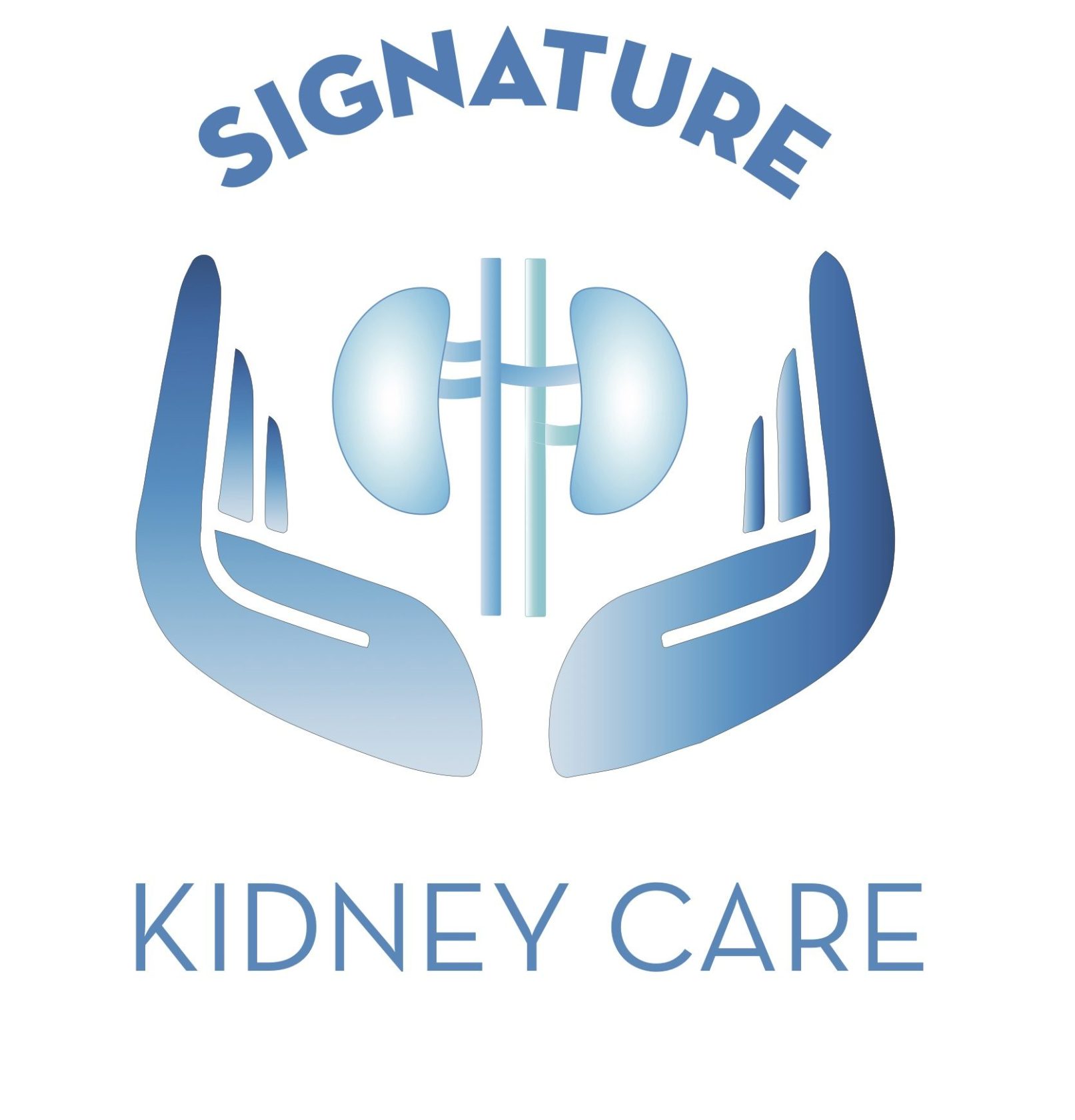Nephrologists are medical doctors who treat kidney diseases and related conditions [See Scope of Practice]. They:
**Detect, treat and prevent progression of kidney disease caused by medical conditions, such as diabetes mellitus, high blood pressure, etc. Kidney disease may manifest as abnormal blood or urine test results e.g. high serum creatinine, blood or protein in urine. Examples of kidney diseases include kidney failure (acute or chronic), glomerulonephritis (inflammation of the kidney filtering units), etc.
**Diagnose and treat different types of high blood pressure: Essential (hereditary or without a cause), secondary (due to a cause, e.g. hormonal, kidney artery narrowing, etc), resistant (requiring more than 3-4 drugs to control), white coat (high blood pressure readings at doctors office, but normal outside), masked (normal readings at doctor’s office but high outside).
**Diagnose and prevent recurrent kidney stone formation with appropriate medications.
**Diagnose and treat electrolyte disturbances (abnormal levels of sodium, potassium, calcium, magnesium in the blood)
**Diagnose and treat abnormal acidity or alkalinity of the blood.
**Advise on and prescribe kidney replacement therapy options (dialysis or transplantation)
**Are members of the kidney transplant team – They prescribe medications to suppress immunity to prevent and treat rejections of the transplanted kidneys
**They provide long term follow up of transplanted patients to detect and treat late rejections, infections due to reduced immunity, and prevent and treat medication interactions and toxicities.
Urologists are surgeons who surgically treat kidney and urinary tract conditions. They:
**Treat and follow anatomical conditions that affect the function of the kidneys e.g. kidney cysts, stones, or tumors. They treat obstruction of the urine flow which can lead to kidney malfunction from the resulting back pressure of retained urine on the tissues of the kidney(s).
**Surgically remove and treat (in conjunction with oncologists) tumors of the kidney, ureter or bladder.
**Treat prostate disease especially if causing symptoms of obstruction that will require surgery.
**Diagnose and treat problems of urination, e.g. different types of incontinence, urine retention, inflammation of the bladder (chronic interstitial cystitis) etc.
**Are members of the kidney transplant team – They do the surgery to remove the donated kidney from the donor and place it into the recipient.
**Other conditions that urologists treat include male impotence and related conditions.
